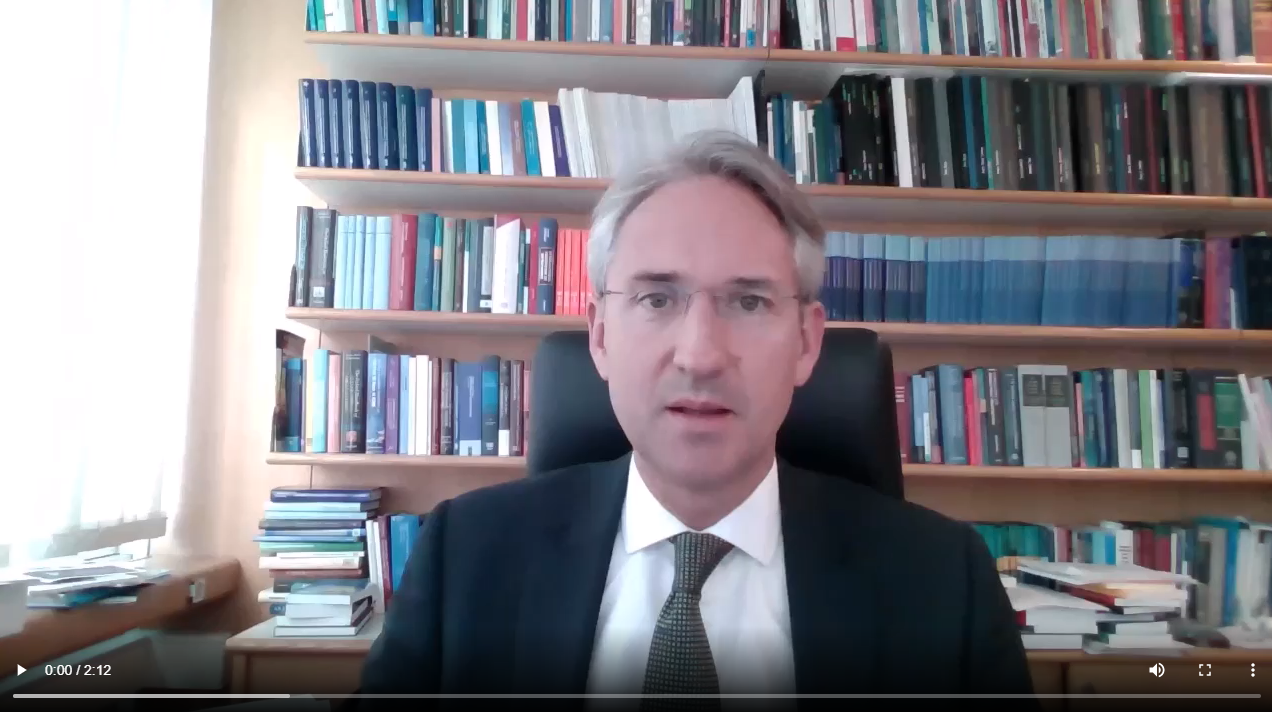Draft Statute of the Multilateral Investment Court
Marc Bungenberg and August Reinisch
This Draft Statute of a Multilateral Investment Court is the result of a three-year research project. It is based on the study 'From Bilateral Arbitral Tribunal and Investment Courts to a Multilateral Investment Court', which was first published in German by Nomos, Facultas and Dike in 2018 (available here) . A second, English edition, published by Springer in 2020, is now also available as an open access book. The draft Statute is meant to stimulate discussion and to demonstrate that it is possible to create a Multilateral Investment Court (MIC) on the basis of a treaty.
The institutional and general legal setting of this draft Statute advocates for the establishment of an international organization based on a treaty, open to States as well as to international organizations. The Statute prescribes the MIC’s jurisdiction over investor-State as well as State-State disputes. By joining the MIC, Members recognize its international and domestic legal personality, accord it with the privileges and immunities required for its independent functioning, and contribute to its budget.
The draft Statute also provides for a bench of judges (sitting as a Court of First Instance and an Appellate Court), a Secretariat, a Plenary Body, and an Advisory Centre. The Statute envisages that judges will be appointed for a longer period of time, be independent as well as impartial, and highly qualified. The proposed mechanism for the selection of judges is premised on the need to ensure that all regions and major legal systems are adequately represented.
The Statute expressly enshrines the rule of law, transparency, efficiency, consistency, and Members’ right to regulate. It contains the fundamentals of procedure and incorporates, inter alia, the UNCITRAL Rules of Transparency in Treaty-based Investor-State Arbitration. The MIC may regulate its own rules of procedure in greater detail and adapt to the specific needs of future disputes.
With regard to the enforceability of MIC decisions, the Statute foresees a treaty-based obligation on all MIC Members to recognize and enforce them. Arrangements on enforcement in third States can be foreseen in a separate treaty. The new enforcement system also provides for the establishment of an enforcement fund.
With this proposal, we hope to contribute to the ongoing discussion.
The first edition of the "Draft Statute of the Multilateral Investment Court" published by Nomos is freely available for downloading (here)





